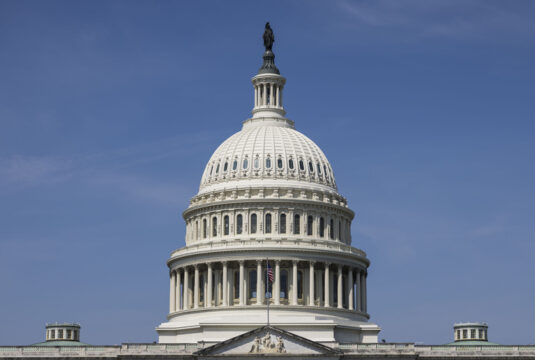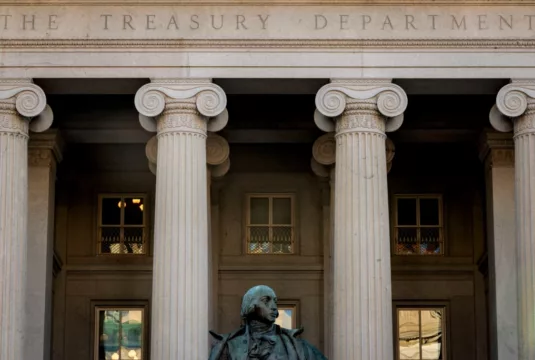Tackling Transnational Corruption Now a Priority for U.S. Anti-Money Laundering Efforts
A Media Statement from the U.S. Office of Transparency International
June 30, 2021
The Department of Treasury’s Financial Crimes Enforcement Network (FinCEN) announced today that, for the first time, corruption is a government-wide priority for anti-money laundering and countering the financing of terrorism (AML/CFT) policy.
This is the first step toward fulfilling a requirement in the recently passed Anti-Money Laundering Act to set priorities in these areas. As a next step, FinCEN will engage in a rulemaking that will require financial institutions to incorporate these priorities into their anti-money laundering programs.
Transparency International’s U.S. Office wrote to FinCEN during a public comment period last year on a related matter that corruption “is conspicuously absent in FinCEN’s proposed elements of an ‘effective and reasonably designed’ AML program.”
Gary Kalman, Transparency International’s U.S. Office Director, issued the following statement:
Naming corruption as a distinct money laundering threat is important because banks will now include it in assessing the risk of taking on potential clients. It is now on par with the financing of terrorism.
It is a significant, appropriate, and timely addition.
It also comes at a time when the administration, Congress and others are recognizing the full extent of the harms caused by corruption and are taking steps to counter the impacts by following the money. The President, this month, recognized corruption as a national security issue, and his budget calls for a boost in funding for fighting and detecting money laundering. A bipartisan letter from dozens in Congress echoed his call for more funding. Congress also recently launched a bipartisan caucus to counter global corruption. And, the G20, the Summit for Democracy, and other international meetings in the coming year will all include a focus on combating financial corruption.
Corruption destabilizes economies, breaks down the rule of law, threatens political stability, and injects rent-seeking behaviors and other inefficiencies into free markets.
In the midst of one of the most violent and wrenching recent humanitarian crises, Venezuelan kleptocrats used U.S. banks to move billions in public money out of the country. Corruption there has become so widespread that gang rule might even be preferred over the government.
As we argued in a 2020 comment to FinCEN, corruption is a top illicit finance threat. Guarding against corruption has long been implicitly considered to be part of an effective and reasonably designed anti-money laundering program. Formal recognition of the threat is a significant step.
###
Transparency International is the world’s largest coalition against corruption. We give voices to victims and witnesses of corruption, and work with governments, businesses, and citizens to stop the abuse of entrusted power. In collaboration with national chapters in more than 100 countries, we are leading the fight to turn our vision of a world free from corruption into reality.
Our U.S. office focuses on stemming the harms caused by illicit finance, strengthening political integrity, and promoting a positive U.S. role in global anti-corruption initiatives. Through a combination of research, advocacy, and policy, we engage with stakeholders to increase public understanding of corruption and hold institutions and individuals accountable.
Related Resources
- Comment to FinCEN: How to Help Ensure that Anti-Money Laundering Programs are Effective
- Combating Global Corruption: A Bipartisan Plan
Media Contact
Scott Greytak, Advocacy Director, Transparency International U.S. Office
Telephone: +1-614-668-0258
Email: sgreytak@transparency.org
Twitter: @TransparencyUSA





